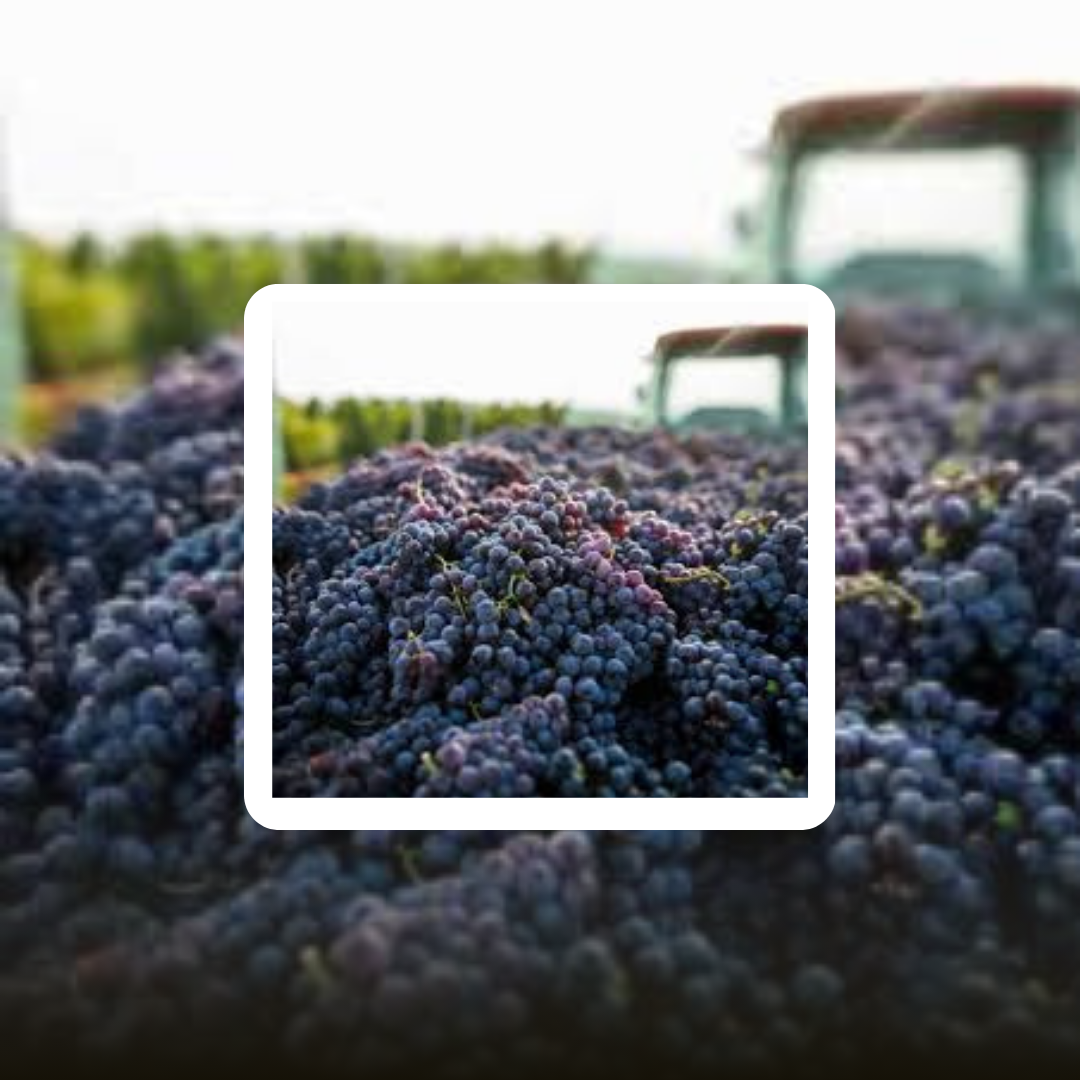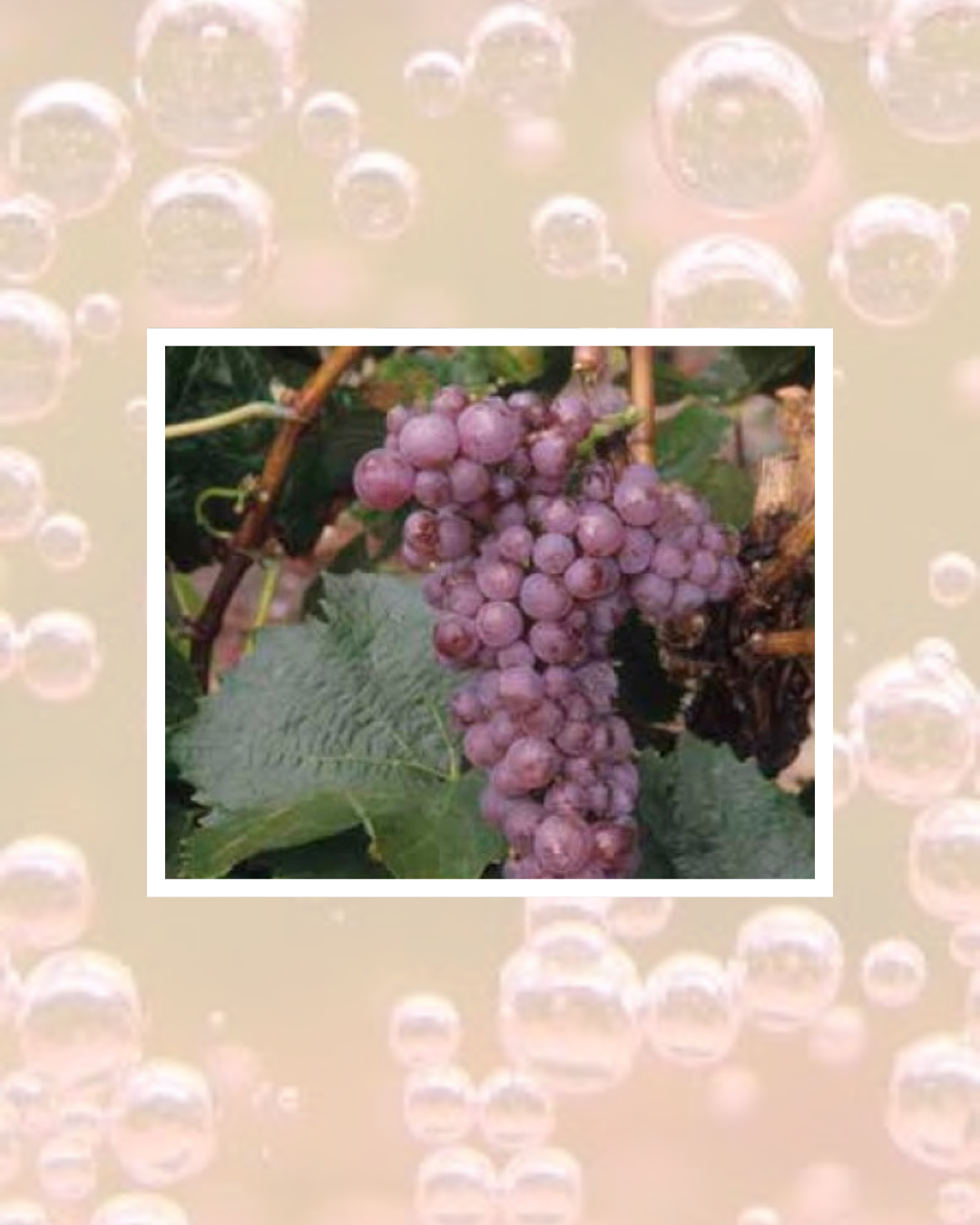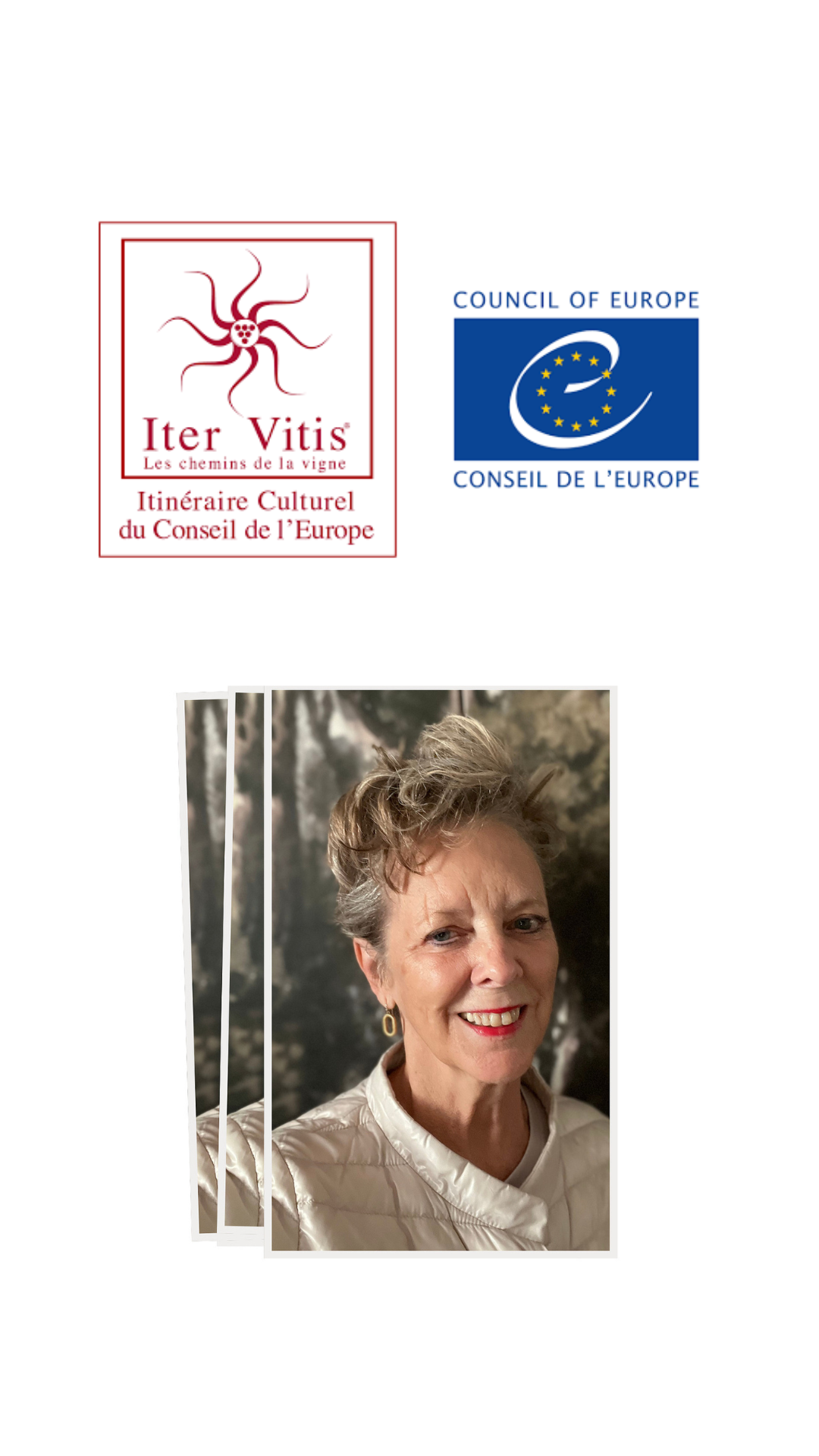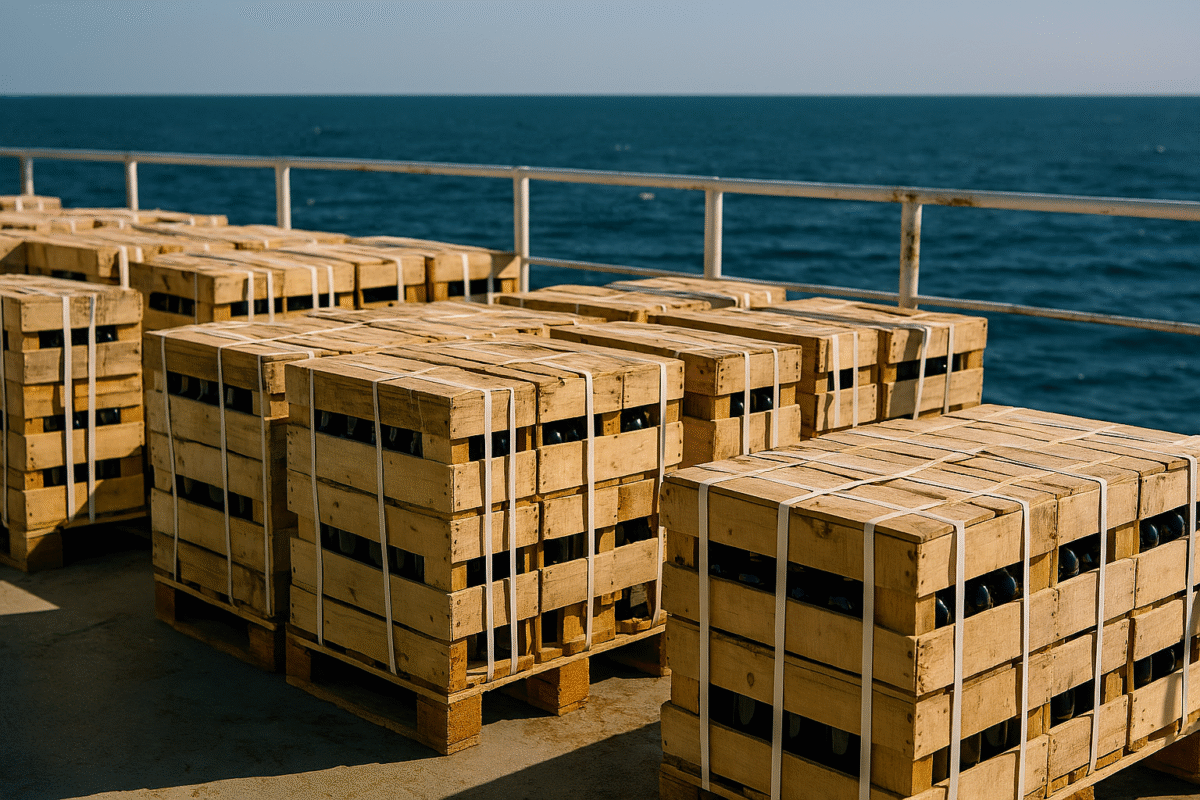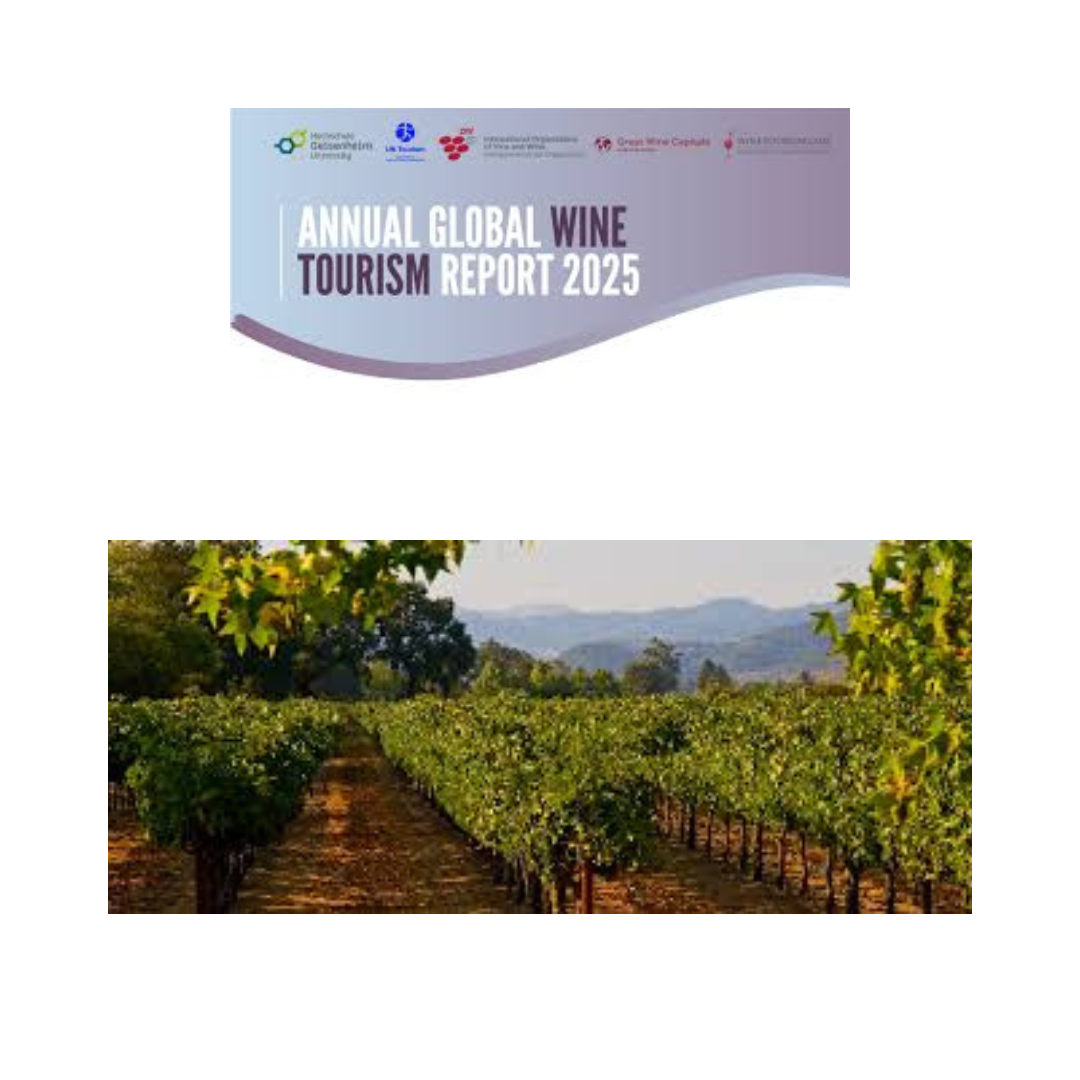The International Organisation of Vine and Wine (OIV) published yesterday its annual first estimates for global wine production in 2025.
The initial forecast for 2025 is between 228 and 235 million hectolitres, with a mid-range estimate of 232 million hectolitres. That is a 3% increase on the historically low 2024 harvest, but still 7% below the 5-year average.
Italy remains the world’s largest wine producer in 2025 (47.3 Mhl), ahead of France (35.9 Mhl) and Spain (29.4 Mhl). The USA is fourth, while Australia bounces back from the smaller 2024 harvest to regain its place as the world’s fifth producer in 2025, ahead of sixth-placed Argentina, which is the biggest producer in South America.
Despite regional contrasts, the global wine market is likely to remain broadly balanced, as limited production growth will help to stabilize stocks in a context of softening demand and ongoing trade uncertainties.
These first estimates are presented in a new report available on the OIV website (World Wine Production Outlook) and will be updated according to the last 2025 consolidated data. The final data on 2025 global wine production will be announced by the OIV in the second trimester of 2026 and published in the annual OIV report: “State of the World Vine and Wine Sector”.
About the OIV
The International Organisation of Vine and Wine (OIV) The OIV is a scientific and technical intergovernmental organization, and the world reference to the vine and wine sector. The OIV currently has 51 Member States, countries producing and consuming grapes and wine, which account for 90% of the world’s vineyard surface area, 88% of global wine production and 75% of global wine consumption. Twice a year, over 500 experts come together to assess, discuss and approve by consensus resolutions on the following:
1/ Viticulture and table grapes
2/ Oenology and methods of analysis
3/ Law and economics of the vine and wine
4/ Consumer health and safety
For a century, the OIV has been at the forefront of all global vitivinicultural matters, providing standards, guidance and information for the vine and wine sector.

